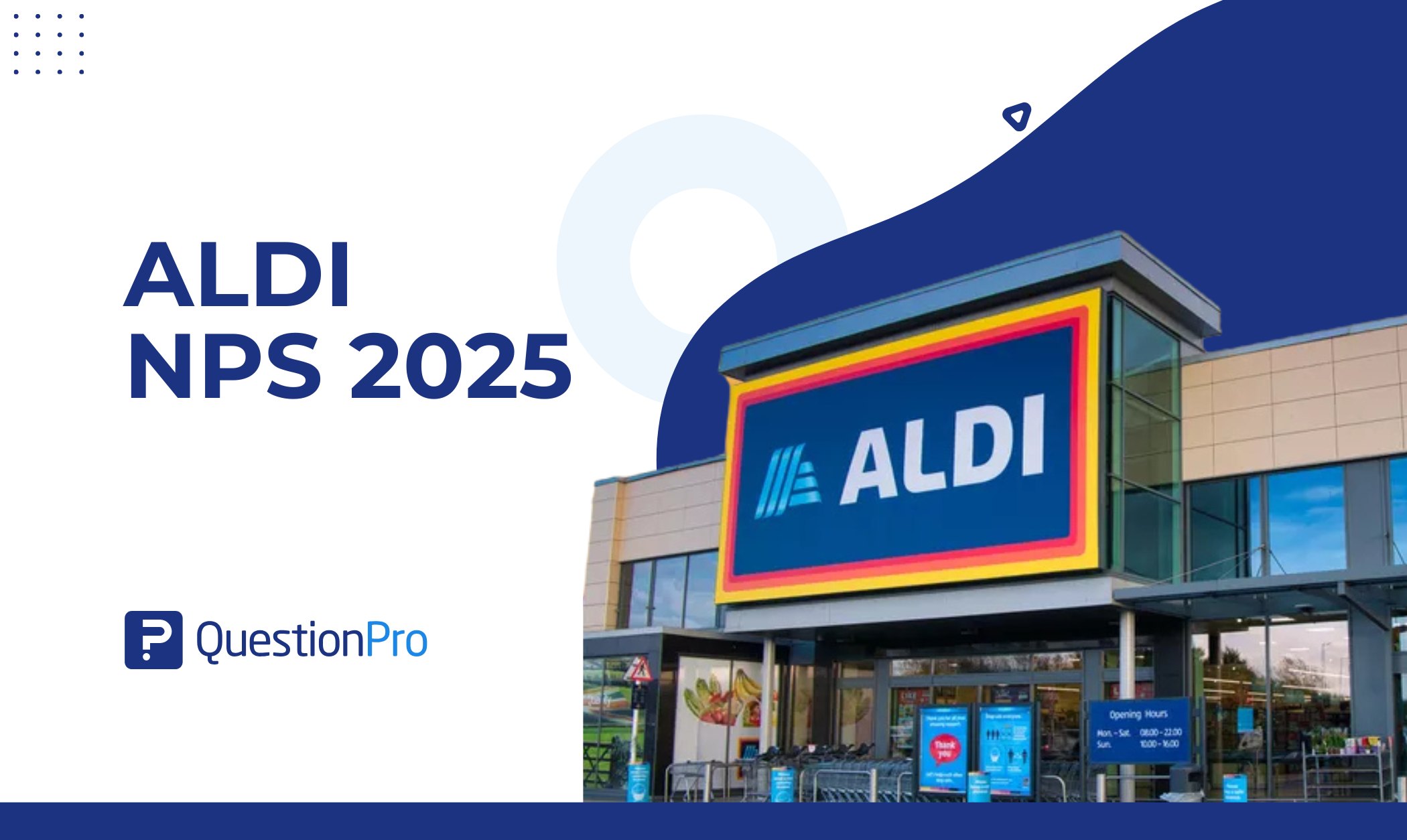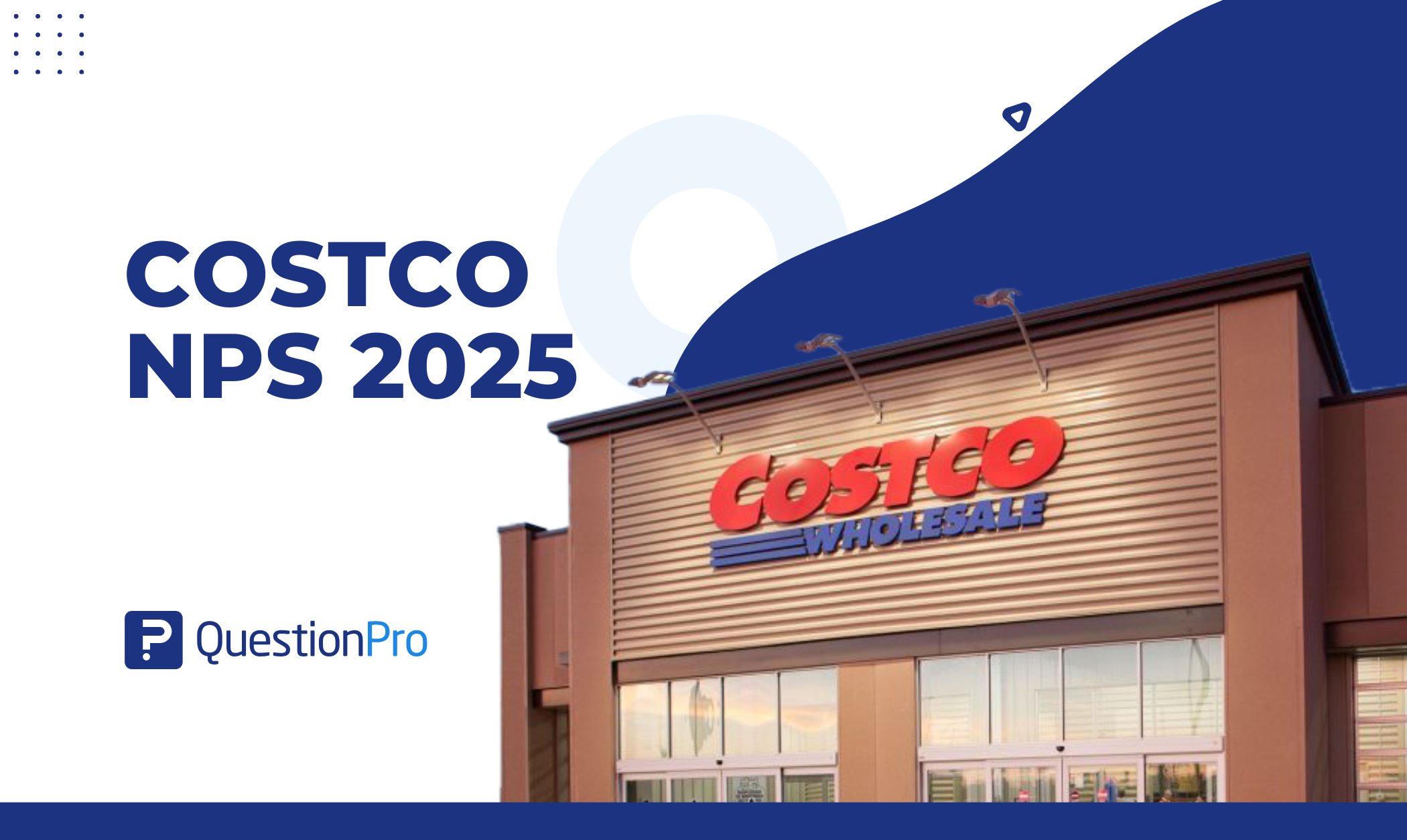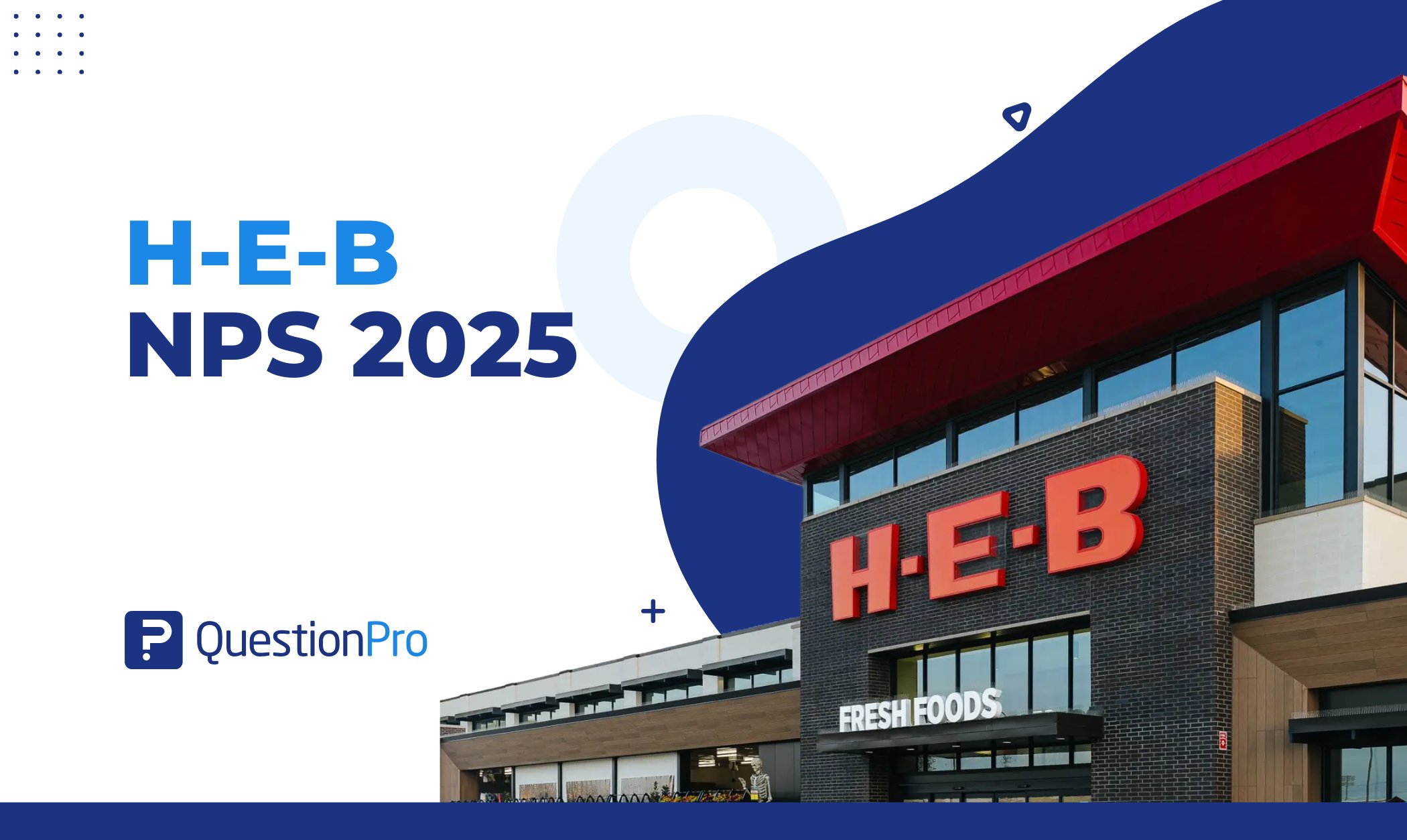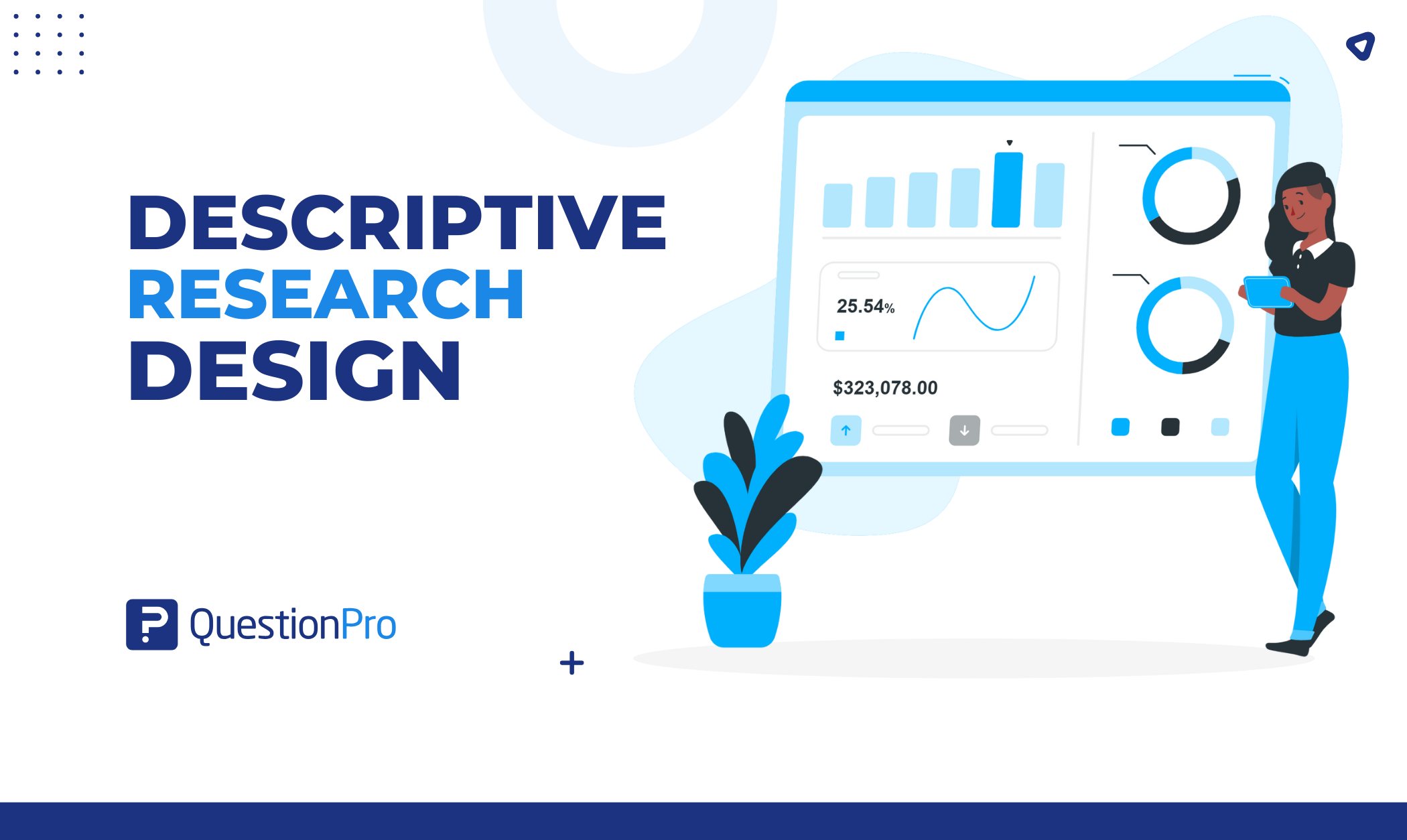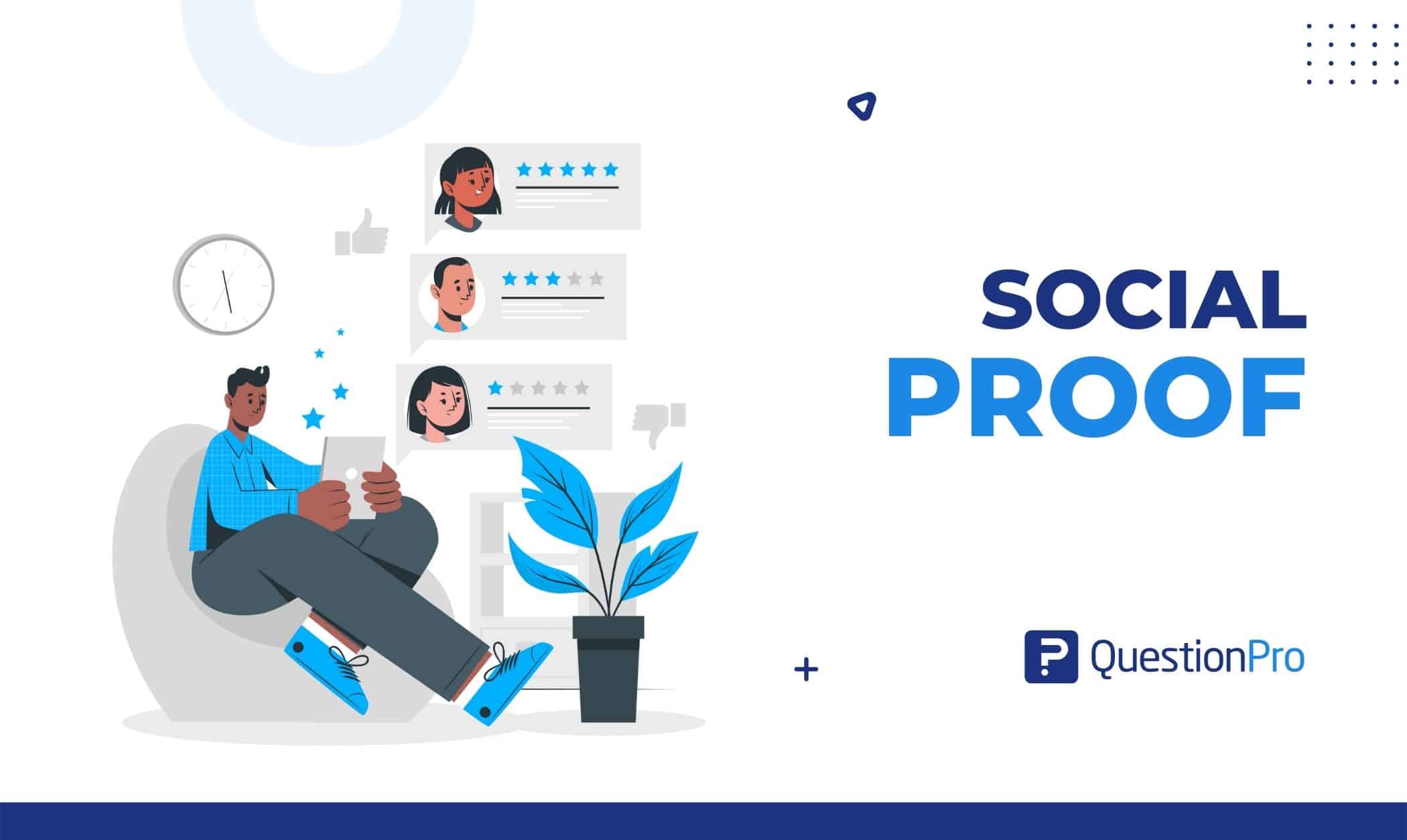
Imagine you’re in a new town, hungry and looking for a place to eat. You spot two restaurants – one with a line out the door and the other nearly empty. Which one do you lean towards? Most likely, you’d go for the busy one. That’s a bit like social proof in action!
Social proof matters because it helps us make decisions with more confidence. In a world with so many choices, knowing that others have tried something and liked it makes us feel safer in our choices. Businesses use social proof to show that their products or services are trusted and enjoyed by many, making it easier for new customers to trust them, too.
In this blog, we will look at the social evidence and its types. We’ll also discuss a social proof example that you can use in marketing and sales. But before that, let’s find out what social evidence means.
Social proof is a psychological phenomenon where people look to the actions and behaviors of others to guide their own decisions and actions, especially in uncertain or unfamiliar situations. It is a form of social influence that suggests people tend to adopt the beliefs or behaviors of a group of people they trust or perceive as credible.
In simpler terms, social proof is the idea that if many others are doing something or endorsing a particular idea, product, or behavior, it is more likely to be perceived as correct or valuable. It serves as a shortcut for individuals to make decisions by relying on the wisdom of the crowd.
Social proof is crucial for marketers because it serves as a powerful psychological tool that can significantly influence consumer behavior. Here are several reasons why social proof, including user social proof, is important for marketers:
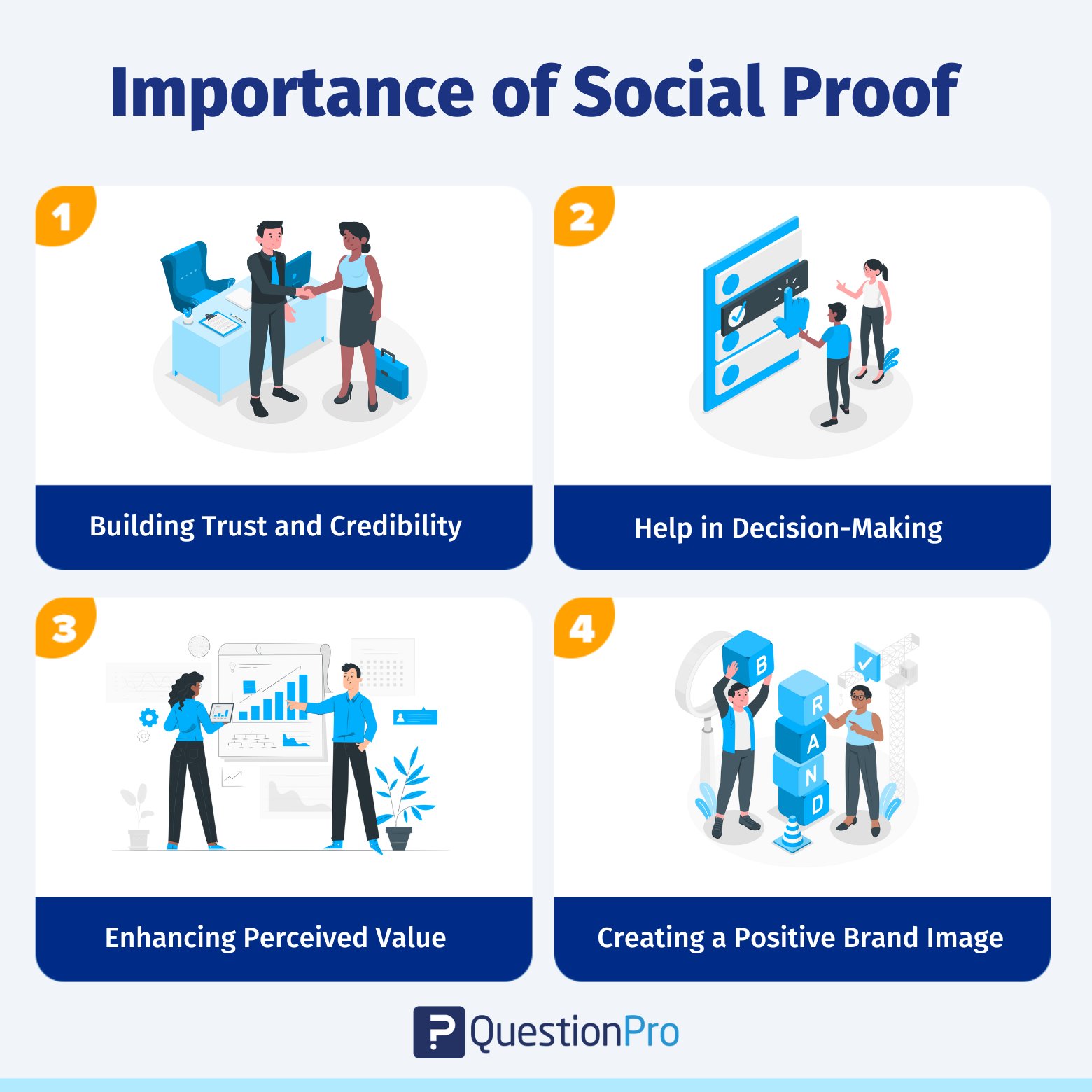
Building trust and credibility
One of the main reasons social proof is essential for marketers is its ability to build trust and credibility. In a sea of options, customers often feel more confident choosing a product or service that others have tried, tested, and approved. Whether it’s customer reviews, testimonials, or case studies, showcasing positive experiences helps to establish trust with potential buyers.
Reducing decision-making anxiety
In a world with an abundance of choices, decision-making can be overwhelming. Social proof acts as a guide, helping customers make decisions with less anxiety. When they see that others have made a choice and had a positive outcome, it reduces the perceived risk and smoother the decision-making process.
Enhancing perceived value
Perception is key in marketing, and social proof can significantly enhance the perceived value of a product or service. When potential customers see that a considerable number of people have chosen a particular option, it signals that there must be something valuable about it. This positive perception can be decisive in the customer’s purchasing decision.
Creating a positive brand image
A strong presence of social proof contributes to a positive brand image. It signals that the brand is reliable, trustworthy, and has a satisfied customer base, attracting new customers and fostering loyalty among existing ones.
There are many types of social proof, but let’s take a quick look at some of the best ones before showing you some top-notch examples.
Customer testimonials and reviews
Customer reviews and testimonials present authentic narratives. These accounts provide detailed insights into the real-world experiences of individuals, offering a comprehensive understanding of a product or service.
User ratings and likes
User ratings and likes are like numbers that turn people’s opinions into easy-to-understand data. These numbers quickly show if a lot of people like or approve of something, giving individuals a fast way to see how popular or well-received it is.
Influencer Endorsements
Social media influencers are like trendsetters. When they talk about a product, it becomes cooler and more trustworthy. Influencer marketing makes a product or service look like a popular and modern choice.
Expert endorsements
Expert endorsements carry the weight of authority and knowledge. Whether it’s a renowned professional or an industry specialist, their approval adds a layer of trust, particularly in fields where expertise is a crucial determinant.
When celebrities endorse a product, it becomes more popular and desirable. The connection with a famous person adds a sense of aspiration, making the product or service appealing to a larger audience.
Case studies and success stories
Offering a deep dive into practical applications, case studies, and success stories paints a vivid picture of tangible results. These narratives go beyond opinions, providing evidence of a product or service’s transformative impact.
A social media platform can transform opinions into a communal narrative. Mentions and shares create a ripple effect, expanding the reach and impact of social proof in real-time.
Trust badges and certifications
Trust badges and certifications are like official stamps that show a product or service has met strict standards. When consumers see these symbols, it makes them feel more confident about the reliability and quality of what they’re considering.
Friends and family recommendations
Recommendations from friends and family hold a profound influence. The trust established in these relationships extends to the products or services endorsed by those close to us.
Brand logos
Recognizable brand logos and associations with esteemed clientele contribute to an aura of trust. The familiarity with reputable companies endorsing a product or service reinforces its reliability and standing.
Social proof is like a detailed artwork made by combining various real-life experiences and confirmations. Knowing the different types helps people make decisions by looking at the full picture and using a mix of evidence to guide their choices.
Social proof examples that convince customers
Let’s explore some great examples to make it better and more precise.
Example 1: Ahref’s case study
Use cases are often organized by role. While Ahrefs does include roles and industries (content marketers, bloggers, agencies, SaaS, and eCommerce), they go one step further by including SEO experts. This helps to ensure potential customers since these professionals are well-known and trusted in their field.
Example 2: Figma’s success story
This is a great example of how social proof goes above and beyond. Figma not only shares customer success stories but also makes guides that show how these companies used their tool to be successful.
The guides show Figma’s power and teach the audience about specific design features and strategies. This includes presentations, best practices, examples, and tips.
Example 3: Loom and Semrush’s customer base
Leveraging social proof is a quick way to grab your audience’s attention and send a message without having to say anything. Both Loom and Semrush have numbers that are hard to ignore. Loom shows how many people, businesses, and even countries use their products to show their popularity.
Semrush’s site does something similar, but it does it uniquely by showing the number of international awards and the percentage of Fortune 500 companies that use Semrush.
Example 4: Mailchimp’s customer loyalty
Mailchimp shows the logos of its best customers and how long each company has been a customer. This does a great job of showing strong customer loyalty through social evidence, which helps to build trust and confidence in the platform.
Example 5: Freshly’s recommendations
Freshly referral programs incorporate two essential kinds of social evidence: customer recommendations and social media shares.
Satisfied customers may recommend friends through various methods, including social media shares, which helps bring their brand in front of as many people as possible. Furthermore, they provide incredible value.
- Customizable survey templates: QuestionPro provides a range of customizable survey templates for various industries and purposes. Utilize templates specifically designed for collecting testimonials, feedback, or reviews.
- Testimonial and feedback questions: Include specific questions in your surveys that encourage participants to provide testimonials or share their positive experiences. QuestionPro allows for the creation of open-ended questions for qualitative feedback.
- Rating scales and Likert questions: Use rating scales or Likert questions to gather quantitative data on participant satisfaction. Positive numerical ratings can be presented as social proof on promotional materials or landing pages.
- Real-time reporting: QuestionPro’s real-time reporting features enable you to instantly access and analyze survey results. You can showcase positive feedback and statistics in real-time to create dynamic and up-to-date social proof.
- Integration with social media: QuestionPro allows integration with social media platforms. Share snippets of positive feedback or survey highlights directly on social media, leveraging the power of social proof to reach a broader audience.
- Branding and customization: Customize the look and feel of your surveys to align with your brand. A professionally branded survey can enhance the perceived credibility of the survey and the data collected.
- Survey logic and branching: Implement survey logic and branching to tailor the survey experience based on participant responses. This ensures that respondents receive relevant questions, leading to more meaningful and positive feedback.
Conclusion
We discussed social proof, its types, and the examples above. Now we have a piece of explicit knowledge about it. Using social evidence on your website, landing pages, sales emails, marketing emails, and other channels is extremely beneficial for any business. These are just a few examples of how it may assist in confirming purchasing choices, developing trust, and motivating consumers to take action.
People nowadays are advanced in their thoughts. They believe what they see. So, if you want to exist in the business world in a better way, social proof can help. You can find out what your customers think about your products or services. Tools like QuestionPro CX help you get customer feedback and determine what it means.
With the help of QuestionPro CX, you will find out what types of social proof are suitable for your business. Contact the QuestionPro experts’ team for any kind of help related to social proof.
Frequently Asked Questions (FAQ)
In marketing, social proof involves showcasing positive reviews, testimonials, and endorsements to build credibility and influence consumer behavior.
Social proof is crucial for businesses as it builds trust, enhances credibility, and influences potential customers to choose a product or service.
Businesses can use social proof by featuring customer testimonials, displaying ratings, and leveraging influencers to create a positive perception of their offerings.




